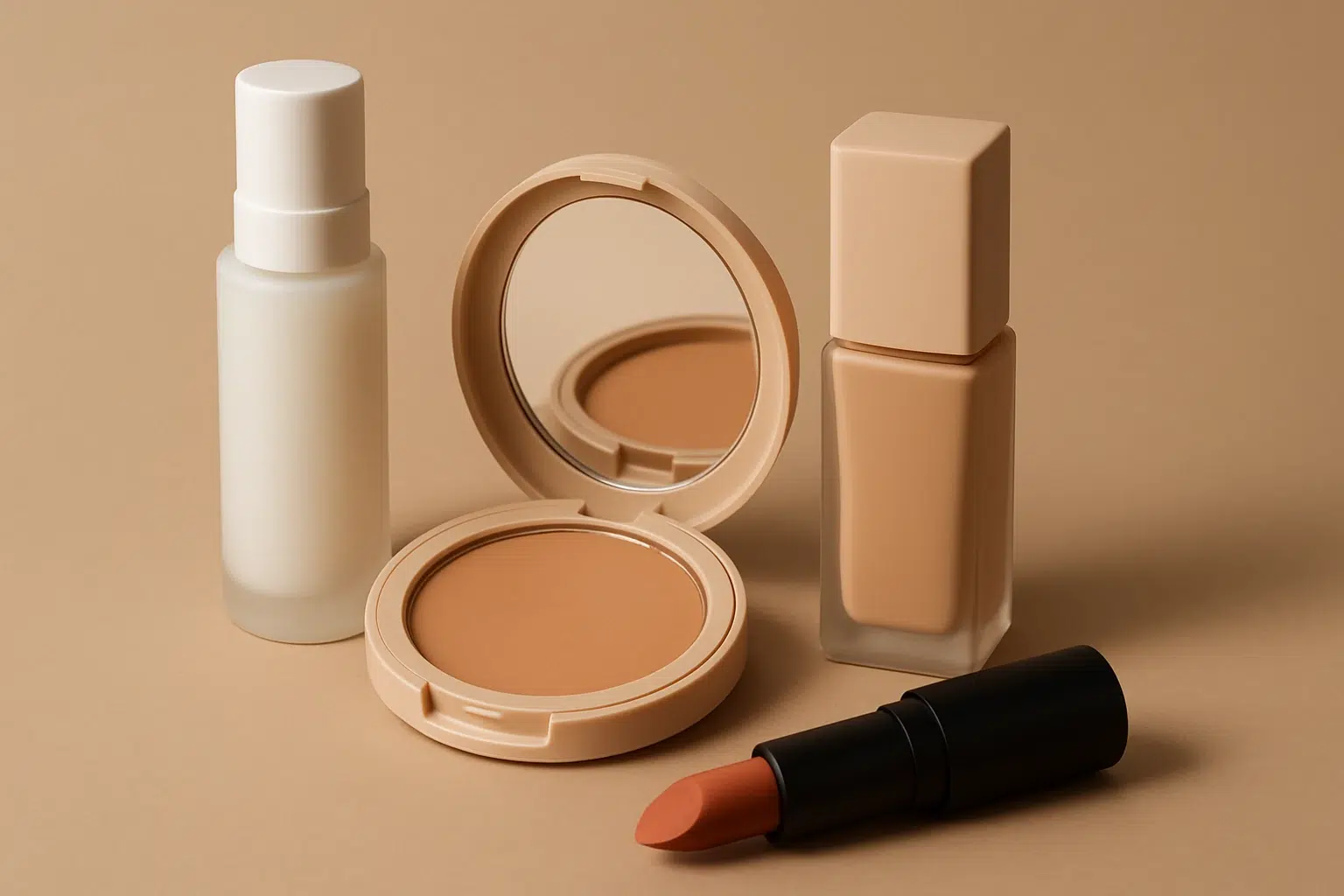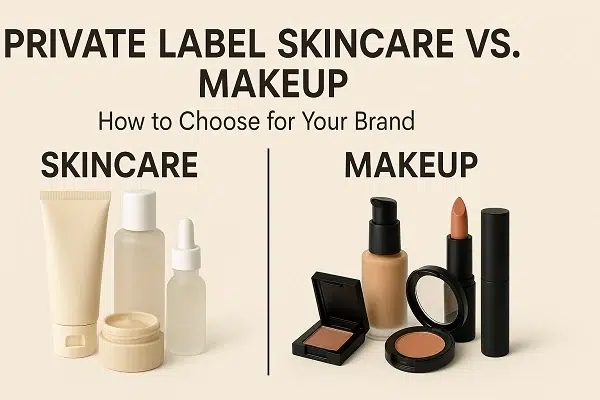If you’re searching for a cosmetics manufacturer in China, the most important factors to consider are: minimum order quantities (MOQs), production lead times, communication efficiency, formulation ownership, and regulatory compliance. These five aspects can significantly impact your brand’s success—whether you’re starting a private label makeup line or scaling an established OEM cosmetics business.
In this article, we break down each factor in detail to help you choose the right manufacturing partner and avoid costly mistakes.
This article outlines a practical framework to help businesses confidently enter the online clean beauty market and grow their sales.
1. Minimum Order Quantities (MOQs)
MOQs are one of the first things brand owners consider when selecting a manufacturer. A flexible MOQ is crucial for startups looking to minimize upfront investment. Most private label cosmetics suppliers in China offer lower MOQs (as low as 100–500 units), especially for ready-made or white label products.
In contrast, OEM cosmetics manufacturing typically requires higher MOQs due to the customization of packaging and formulation. Before committing, ask for MOQ details per product category (lipsticks, foundations, eyeshadows) to ensure they align with your launch plans.
📌 Pro Tip: Look for manufacturers who offer tiered pricing structures—this provides flexibility as your order volume grows.
2. Lead Times and Production Capacity
Lead time directly affects your launch schedule. While many Chinese manufacturers boast quick turnaround, actual production times can vary depending on raw material availability and factory workload.
Typical lead times for private label makeup range from 2 to 4 weeks, while custom OEM orders may take 6 to 12 weeks. Always confirm timelines for:
Sample production
Bulk manufacturing
Packaging delivery
If you’re targeting seasonal or trend-driven launches, choose a partner that offers reliable and realistic timeframes.
For reference, China Briefing provides a useful guide on optimizing lead times when working with Chinese suppliers.
3. Communication and Responsiveness
Working with overseas suppliers makes clear and timely communication critical. The right cosmetics manufacturer should:
Respond within 24–48 hours
Assign a dedicated account manager
Offer English-speaking support
Provide detailed responses with timelines and documentation
Miscommunication can lead to delays, rework, and added costs. During the initial inquiry phase, test their communication style—are they proactive and transparent?
Tools like WeChat, Zoom, and email are commonly used in the industry. Choose a partner that’s familiar with these platforms and offers real-time updates.
4. Formulation Ownership and Confidentiality
If you’re developing a unique formula, understanding formulation rights and ownership is crucial. Some OEM manufacturers may retain ownership of the formula unless explicitly agreed otherwise. Clarify:
Who owns the IP of the formula
Whether formulas will be reused or resold
If NDA or confidentiality agreements are signed
Private label options usually involve standardized formulations, which are faster and more cost-effective. However, for long-term brand differentiation, owning your formula provides competitive advantages.
✅ Best Practice: Always request documentation for custom formulations and consider legal review for IP clauses in your contract.
5. Regulatory Compliance and Certifications
A reputable cosmetics manufacturer in China should be able to meet international compliance standards, including:
GMP (Good Manufacturing Practices)
ISO Certifications
FDA registration for the U.S. market
CPNP notification for the EU
Ask to see recent certifications and check if the manufacturer can provide safety data sheets (SDS), ingredient lists, and product testing reports. This is especially important for brands exporting to regions with strict cosmetic regulations.
To verify regulatory frameworks by region, visit:
Final Thoughts
Choosing the right cosmetics manufacturer in China can make or break your brand. Focus on these five pillars—MOQs, lead times, communication, formulation rights, and compliance—to reduce risk and build a successful, scalable product line.
Whether you’re launching a boutique private label makeup brand or developing a complex OEM collection, partnering with a reliable and experienced manufacturer is your first step toward global success.







